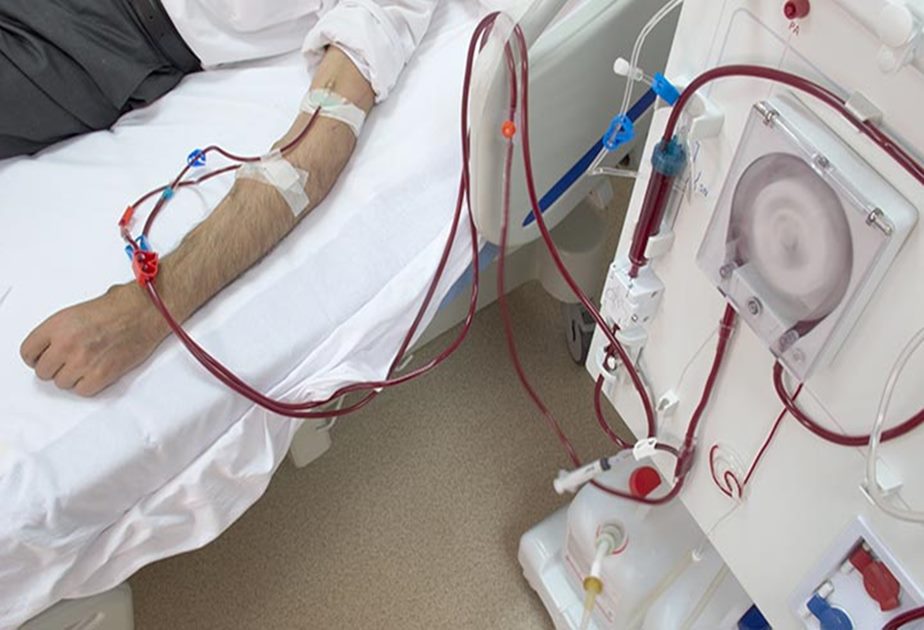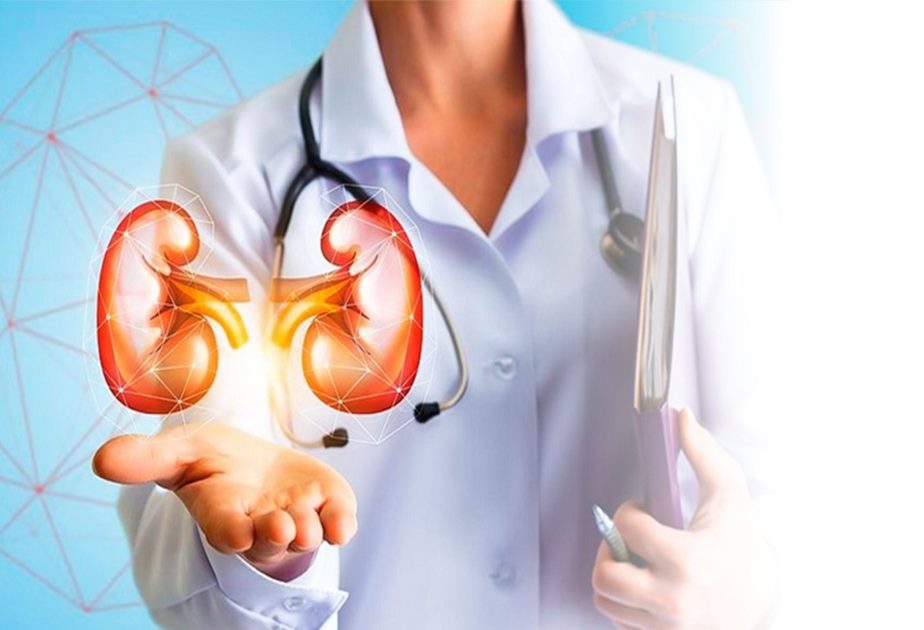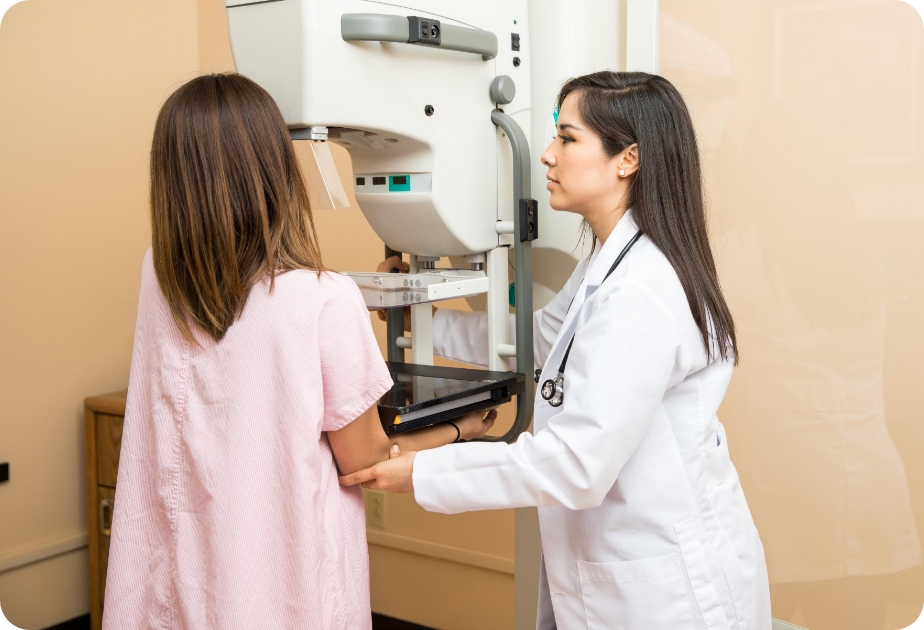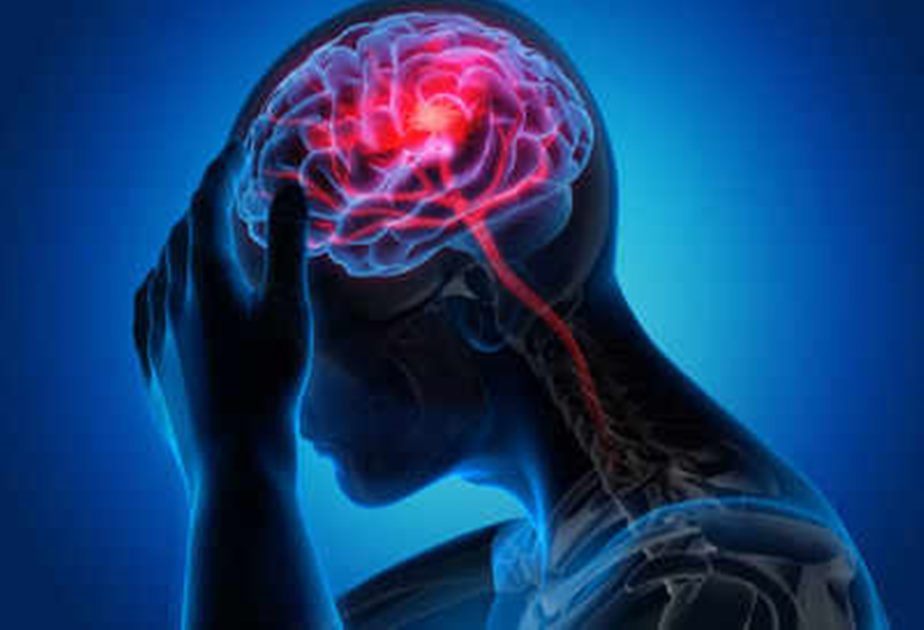Menu
Menu
Pushpagiri Medical College hospital is a renowned medical institution offering comprehensive healthcare services with a strong focus on specialized care. Here's a glimpse into some of our key specialties:

The dialysis Unit of the Nephrology department provides care and treatment for individuals with kidney failure or impaired kidney function. Dialysis is a medical procedure that involves the removal of waste products and excess fluids from the blood when the kidneys are no longer able to perform this function adequately. There are two primary types of dialysis: hemodialysis and peritoneal dialysis.
Hemodialysis is the most common form of dialysis. During hemodialysis, a dialyzer is used to remove waste products and excess fluids from the blood. The patient's blood is circulated through the dialyzer, which acts as an artificial kidney. This process typically takes place in a dialysis centre or unit.
Peritoneal Dialysis involves using the peritoneum (the lining of the abdomen) as a natural filter. A special solution is introduced into the abdomen through a catheter, and the peritoneum acts as a semi-permeable membrane, allowing waste and excess fluids to pass into the solution. After some time, the solution is drained out, taking the waste products with it. Peritoneal dialysis can often be performed at home, but patients may still visit a dialysis unit for check-ups and supplies.

A Nephrology Transplant Unit in our hospital is a specialized one that focuses on the care and treatment of patients with end-stage renal disease (ESRD) who require kidney transplantation. Nephrology is the medical speciality that deals with the study and management of kidney diseases, and a transplant unit within this speciality is specifically dedicated to kidney transplantation.

Mammography is a specialized medical imaging technique used to screen and diagnose breast conditions, particularly to detect breast cancer in its early stages. It involves the use of low-dose X-rays to create detailed images of the breast tissue.

Pain and Palliative Care is a specialized medical approach focused on relieving suffering and improving the quality of life for individuals facing serious illnesses, especially those with life-limiting conditions. This type of care is provided by a multidisciplinary team of healthcare professionals and aims to address physical, emotional, social, and spiritual needs.

Stat Lab medicine A free-standing lab capable of performing an abbreviated battery of tests, and serving as a receiving node for a larger lab to which the SL is ultimately responsible. Pushpagiri's advanced stat lab ensures prompt and accurate diagnosis with rapid turnaround times for critical tests. This allows for immediate decision-making and timely interventions in emergency situations.

A Stroke Clinic is a specialized healthcare facility of our Neurology department that focuses on the assessment, diagnosis, treatment, and long-term management of individuals who have experienced a stroke. Stroke clinics play a crucial role in providing comprehensive and coordinated care to stroke survivors, to optimize recovery and prevent recurrent strokes. Here are the key components and functions of a Stroke ClinicRapid evaluation and treatment of acute stroke patients to minimize the impact of the stroke and improve outcomes.Conducting thorough diagnostic assessments, including neuroimaging (such as CT scans or MRI), to determine the type, location, and extent of the stroke.Implementing physical therapy, occupational therapy, and speech therapy to promote recovery.